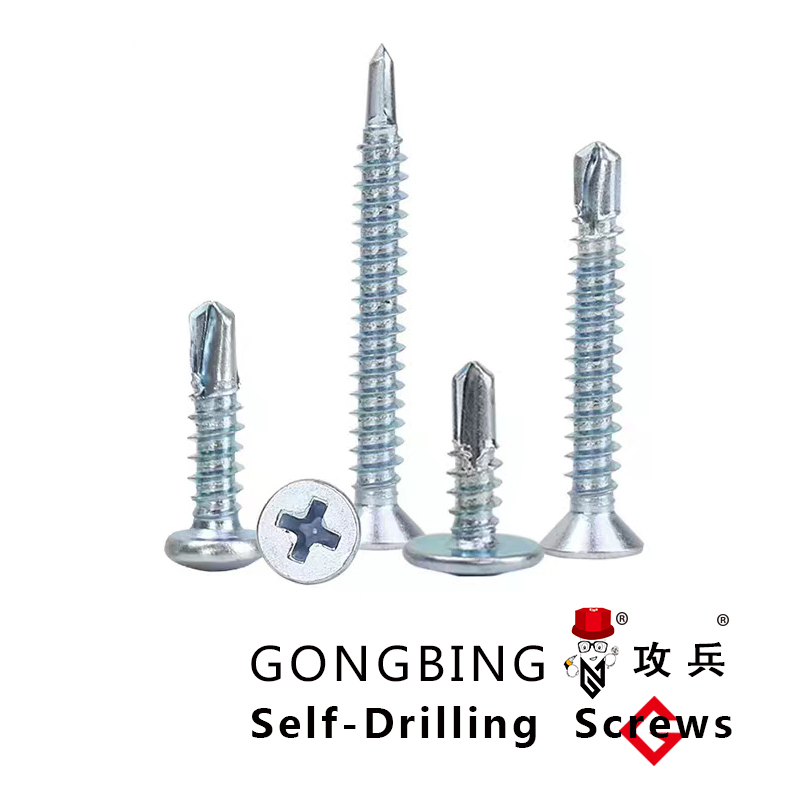Understanding the Role of Chemical Anchor Fasteners in Construction and Engineering Applications
Understanding Chemical Anchor Fasteners A Comprehensive Overview
Chemical anchor fasteners are a vital component in the construction and engineering industries, providing a robust solution for securing various structures and objects to concrete and other masonry materials. Utilizing a unique bonding mechanism, these fasteners ensure superior performance in demanding applications, making them an essential choice for builders and contractors.
What are Chemical Anchor Fasteners?
Chemical anchors consist of a two-part adhesive system that typically includes a resin and a hardener. When mixed, these components create a strong bond that anchors the fastener securely into the substrate, such as concrete, brick, or stone. Unlike traditional mechanical anchors, which rely solely on friction and expansion to secure themselves, chemical anchors harness the power of chemical bonding to create a more reliable and durable attachment.
Types of Chemical Anchors
Chemical anchors come in various forms, including epoxy, polyester, and vinylester systems. Each type has its specific applications and advantages
- Epoxy Anchors Known for their exceptional strength and versatility, epoxy anchors are often used in heavy-duty applications. They can bond with wet or dry surfaces and are resistant to a wide range of chemicals, making them suitable for industrial environments.
- Polyester Anchors These are typically used in less demanding applications but are favored for their quick-setting properties. They are ideal for lighter loads and offer good performance in mildly corrosive environments.
- Vinylester Anchors Offering a balance between durability and cost, vinylester anchors are designed for use in exterior applications. They exhibit excellent resistance to moisture and UV degradation.
Advantages of Chemical Anchors
chemical anchor fastener

1. High Load Capacity One of the primary benefits of chemical anchors is their ability to hold significant loads. The bonding process enables them to distribute stress more evenly across the substrate, reducing the risk of failure.
2. Versatility Chemical anchors can be used in a variety of base materials, including concrete, block, and brick. This versatility makes them a go-to choice for different projects, from residential to commercial construction.
3. Moisture Resistance Many chemical anchor formulations are resistant to moisture, which is crucial for outdoor applications or in environments with high humidity levels. This enhances the longevity of the fastening solution.
4. Clean Installation Since chemical anchors do not require extensive drilling or expansion, the installation process is often cleaner and less disruptive than traditional mechanical anchors.
5. Temperature Tolerance Chemical anchors can withstand a range of temperatures, making them suitable for both hot and cold environments.
Applications of Chemical Anchors
The applications for chemical anchor fasteners are vast. They are commonly used in
- Construction Fastening structural elements such as beams, columns, and frameworks to concrete bases. - Renovation Projects Securing fixtures and fittings in renovations, where existing structures necessitate careful fastening methods. - Infrastructure Development Used extensively in bridges, highways, and airports, chemical anchors provide the strength needed for critical infrastructure components.
Conclusion
In summary, chemical anchor fasteners are indispensable tools in modern construction and engineering. Their unique bonding properties offer unparalleled strength and versatility, making them suitable for various applications. As construction demands continue to evolve, the role of chemical anchors will undoubtedly remain significant, providing reliable solutions for a safer and more durable built environment. Whether you are a contractor, engineer, or DIY enthusiast, understanding and utilizing chemical anchors can greatly enhance the quality and longevity of your projects.
-
Weatherproof Plastic Expansion Anchors for OutdoorخەۋەرلەرJun.06,2025
-
Sustainability in the Supply Chain: Eco-Friendly TEK Screws ProductionخەۋەرلەرJun.06,2025
-
Load-Bearing Capacity of External Insulation FixingsخەۋەرلەرJun.06,2025
-
Double Head Bolts: Enhancing Efficiency in Industrial MachineryخەۋەرلەرJun.06,2025
-
Corrosion Resistance in Chipboard Screws: Coatings for Wholesale DurabilityخەۋەرلەرJun.06,2025
-
Butterfly Toggle Bolts : Enhancing Structural ResilienceخەۋەرلەرJun.06,2025
